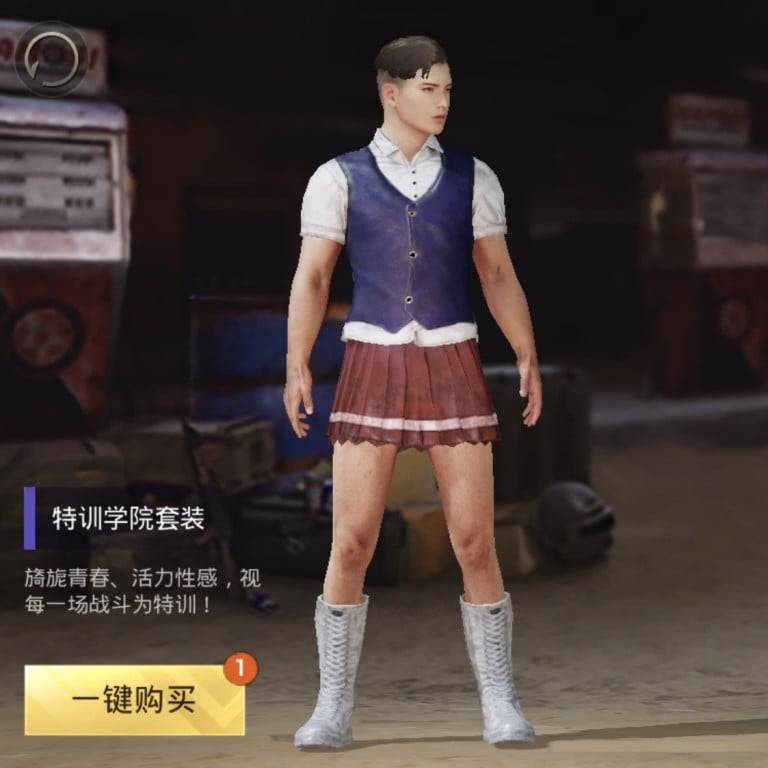
You can’t buy anything in the Chinese version of PUBG Mobile
Tencent can't put microtransactions in their game's biggest market
In a little over half a year, PUBG Mobile has been downloaded more than 225 million times and made US$100 million in total revenue worldwide.
But not a dime of that came from China -- its single biggest market, with more than a third of all downloads.
PUBG, the battle royale pioneer
PUBG Mobile, like many smartphone games, is free to download and pay -- choosing to get the game into the hands of as many gamers as possible, and then charging them for cosmetic items. You can’t buy anything that’ll affect gameplay, but you can buy things that change the way you look. It might not seem all that attractive, but to many players it is -- and it’s a huge source of revenue for many mobile games.
In the international version of PUBG Mobile, that stuff is expensive. We managed to spend US$10 to open three loot boxes and take part in one lucky draw. By the end, we were rewarded with a printed T-shirt, two Halloween-themed masks and a graffitied frying pan.
That's the international version. In the Chinese version? We couldn’t even find the shop.
But just because monetization isn’t allowed doesn’t mean the game can’t lay the hooks for it. The Chinese version of PUBG Mobile still allows you to customize the look of your avatar, getting players used to the idea of decking out their characters in unique outfits.
The way they do that is by giving gifts away for free. To get the gifts -- which range from clothing to dance moves -- you need to fulfil certain tasks, like logging in to the game multiple times a day or playing for many days in a row.
They may not be able to get players to spend money, but those bonuses are intended to at least keep them playing.
And just because Tencent can’t make money directly from players, that doesn’t mean that they can’t make money in other ways.
It took PUBG Mobile 192 days to make US$100 million. It’s impressive, but still far behind the other battle royale juggernaut, Fortnite. That passed US$300 million in just under 200 days.
How Fortnite and PUBG made battle royale the hottest trend in gaming
The inability to get Chinese gamers to spend money in PUBG Mobile is just one part of the huge impact China’s regulatory freeze on gaming has had on Tencent. It’s also meant they haven’t been able to get new games approved for sale. All in all, it’s meant that the world’s largest gaming company by revenue lost almost half its market value this year.
Creative Destruction is a fun Fortnite clone from China
For more insights into China tech, sign up for our tech newsletters, subscribe to our Inside China Tech podcast, and download the comprehensive 2019 China Internet Report. Also roam China Tech City, an award-winning interactive digital map at our sister site Abacus.
For more insights into China tech, sign up for our tech newsletters, subscribe to our Inside China Tech podcast, and download the comprehensive 2019 China Internet Report. Also roam China Tech City, an award-winning interactive digital map at our sister site Abacus.

